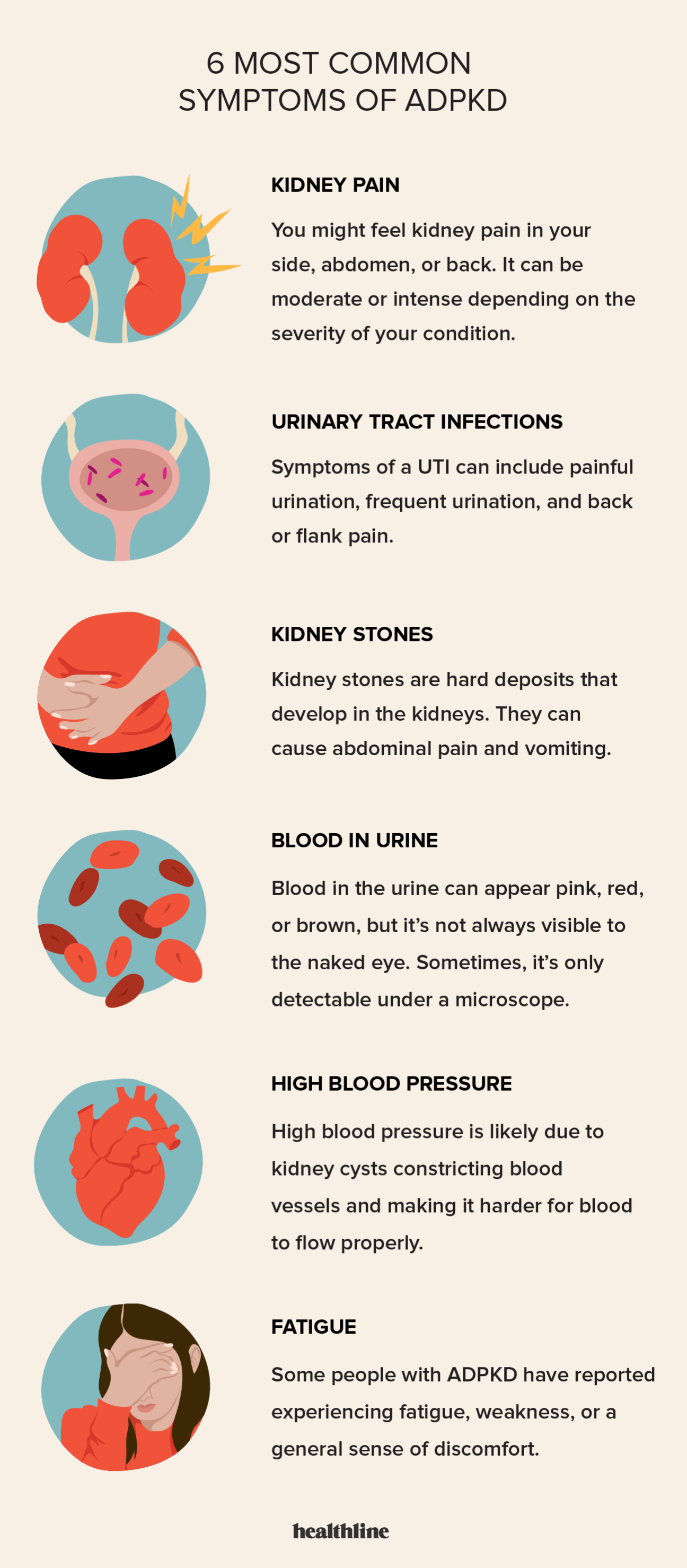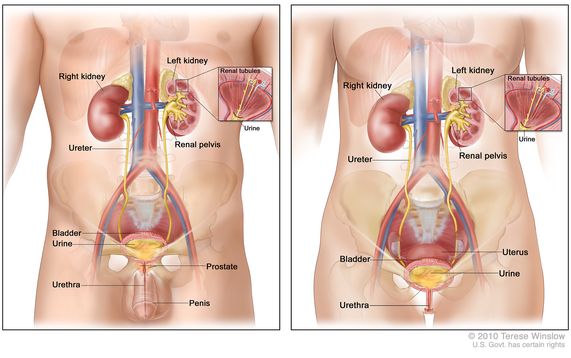Comprehensive Overview to Kidney Stones vs UTI: Diagnosis, Causes, and Relief
Comprehensive Overview to Kidney Stones vs UTI: Diagnosis, Causes, and Relief
Blog Article
Exploring the Manifestations and Causes of Kidney Stones in Comparison to Urinary System Tract Infections: A Detailed Overview
The expedition of kidney rocks and urinary tract infections (UTIs) exposes a complicated interaction of signs and symptoms and underlying reasons that warrant mindful exam. While both problems can bring about hematuria, they present unique scientific features and occur from various etiological aspects. Comprehending the nuances of each condition is essential for efficient diagnosis and monitoring. What are the essential differences in their signs, and how might these inform treatment approaches? The response to these concerns may provide essential insights right into the prevention and care of these typical urological issues.
Review of Kidney Stones
Kidney rocks, likewise called renal calculi, type when particular materials in the urine crystallize and aggregate, resulting in the growth of tough deposits within the kidneys. These rocks can vary in size, ranging from a grain of sand to a golf sphere, and can be composed of different materials, the most typical being calcium oxalate, uric acid, struvite, and cystine. The formation of kidney rocks is affected by a number of factors, consisting of nutritional behaviors, liquid consumption, and hereditary proneness.
Signs of kidney rocks may include severe pain in the back or side, blood in the urine, nausea or vomiting, and frequent peeing, especially as the stone relocates via the urinary system tract. Diagnosis usually involves imaging researches such as ultrasound or CT scans, alongside urinalysis to identify the stone's make-up.
Treatment alternatives differ based upon the dimension and type of rock, in addition to the extent of signs and symptoms (Kidney Stones vs UTI). Tiny stones may pass normally with raised fluid intake, while larger stones might need medical interventions such as lithotripsy or surgical removal. Comprehending the pathophysiology and risk variables linked with kidney stones is crucial for efficient prevention and administration
Review of Urinary System Tract Infections
Urinary system system infections (UTIs) are common bacterial infections that impact any component of the urinary system, consisting of the kidneys, ureters, bladder, and urethra. They mainly occur when bacteria, typically from the intestinal tract, go into the urinary system, leading to swelling and infection.
The prevalence of UTIs is significantly greater in females than men, mostly because of anatomical differences, such as a shorter urethra. Danger factors consist of sex-related activity, specific contraceptive approaches, urinary retention, and dehydration. The diagnosis of UTIs is typically validated via urine tests, which might expose the visibility of germs, white blood cells, or red blood cells.

Signs of Kidney Stones
The discomfort related to kidney rocks can show up in numerous means, typically leading people to look for medical attention. Among the most common symptoms is serious discomfort, typically local in the reduced back or side, which may radiate to the abdomen or groin. This discomfort, commonly called sharp or cramping, can happen instantly and might change in strength.
In addition, individuals may experience hematuria, or blood in the pee, which can vary from microscopic quantities to noticeable discoloration. This signs and symptom great site might be come with by modifications in urinary behaviors, such as increased regularity or urgency, as well as discomfort throughout peeing. Nausea and throwing up are additionally prevalent, commonly resulting from the body's reaction to extreme pain.
In many cases, individuals may experience fever and cools, specifically if an additional infection develops because of the obstruction brought on by the rocks. Generally, the mix of serious pain, hematuria, altered urinary patterns, and intestinal signs and symptoms can offer considerable insight right into the presence of kidney rocks, calling for punctual medical analysis and treatment. Recognizing these symptoms is important for timely diagnosis and reliable management of the problem.
Signs And Symptoms of Urinary System Infections
Infections within the urinary system system typically offer a variety of unique symptoms that can considerably influence every day life. The most usual symptoms include a consistent impulse to pee, usually come with by a burning sensation during urination, understood as dysuria. Individuals might additionally experience increased frequency of urination, generating percentages of urine each time.
Various other noteworthy symptoms include smelly or cloudy pee, which may indicate the presence of germs or pus. In many cases, urine may appear pink or red as a result of the presence of blood, a condition called hematuria. Furthermore, people might experience pelvic pain or pressure, which can additionally intensify the sensation of necessity.
Systemic symptoms may additionally show up, such as high temperature, cools, and exhaustion, particularly if the infection has actually ascended to the kidneys. It is vital to identify these signs early, as neglected urinary system infections can cause more severe issues. Kidney Stones vs UTI. Trigger medical focus is suggested when these symptoms are observed, permitting suitable diagnostic analysis and therapy to minimize discomfort and stop further health issues
Reasons For Each Condition
Frequently, kidney rocks and urinary system system infections arise from distinct yet sometimes overlapping causes that can impact individuals in a different way. Kidney rocks normally develop because of metabolic factors, dietary options, and hereditary tendencies. Enhanced degrees of calcium, oxalate, or uric acid in the urine can bring about stone formation. Dehydration, inadequate fluid intake, and high-sodium diets can intensify these problems, advertising condensation within the urinary system system.

Recognizing these unique causes is critical for prevention and therapy. Kidney Stones vs UTI. While way YOURURL.com of living adjustments may alleviate the risk of kidney stones, suitable health and punctual treatment of urinary tract infections are crucial for decreasing their recurrence and linked issues
Conclusion
In summary, kidney stones and urinary tract infections present distinct signs and symptoms and underlying reasons. Kidney rocks are characterized by serious pain and metabolic variables, while urinary system system infections primarily involve bacterial infections leading to urinary necessity and discomfort.
The exploration of kidney rocks and urinary tract infections (UTIs) reveals an intricate interplay of signs and symptoms and underlying reasons that require careful exam.Urinary tract infections (UTIs) are usual microbial infections that impact any kind of component of the urinary system, consisting of the kidneys, ureters, bladder, and urethra.Regularly, kidney rocks and urinary system system infections occur from unique yet occasionally overlapping reasons that can affect people in a different way.In summary, kidney rocks and urinary system system infections existing distinctive symptoms and underlying causes. Kidney rocks are identified by severe discomfort and metabolic variables, while urinary system tract infections largely include microbial infections leading to urinary necessity and discomfort.
Report this page